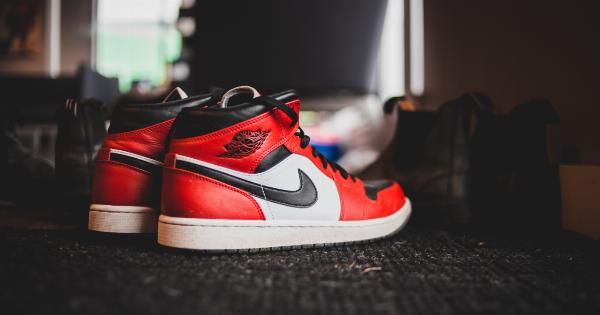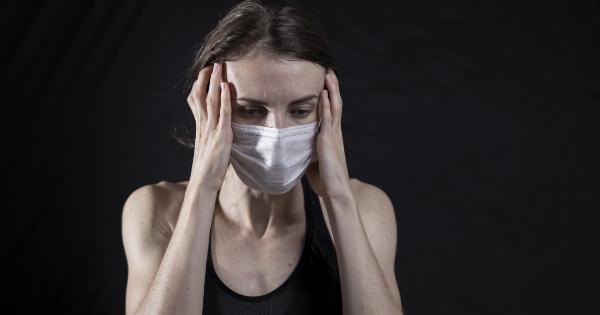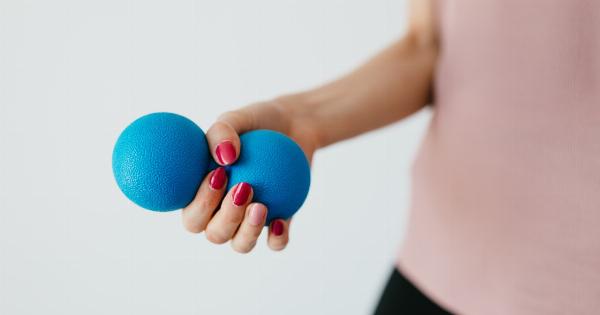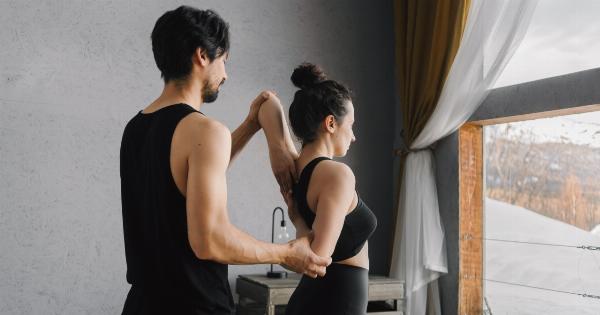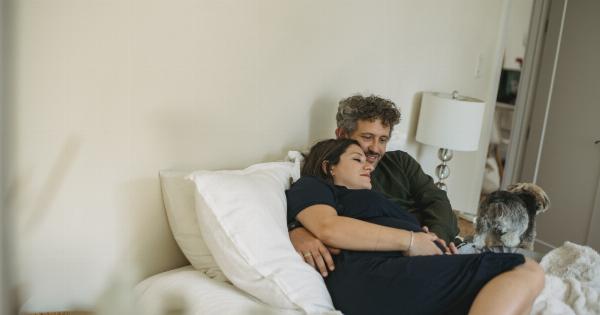Struggling with anxiety, especially at bedtime, can be incredibly challenging. Racing thoughts, restlessness, and an overall feeling of unease can make it difficult to fall asleep and get a good night’s rest.
Fortunately, there are several strategies that can help you manage anxiety and improve your sleep quality. In this article, we will explore seven effective techniques that can assist you in getting the rest you deserve.
1. Establish a Consistent Bedtime Routine
A regular bedtime routine can work wonders in easing anxiety and preparing your body for sleep. Make sure to set a fixed time to go to bed and wake up every day, even on weekends.
Engage in calming activities, such as reading a book, taking a warm bath, or practicing relaxation techniques like deep breathing or meditation. A consistent routine signals your body that it’s time to wind down, helping to reduce anxiety and improve sleep quality.
2. Create a Peaceful Sleep Environment
Your sleep environment plays a crucial role in promoting relaxation and combating anxiety. Keep your bedroom clean, organized, and dedicated solely to sleep. Remove any distractions, such as electronic devices, bright lights, or loud noises.
Invest in a comfortable mattress, pillows, and bedding. Consider using blackout curtains or a sleep mask to block out excess light and create a calming atmosphere.
3. Limit Stimulants and Alcohol Intake
Stimulants like caffeine and nicotine can worsen anxiety symptoms and disrupt your sleep patterns. It is best to avoid consuming these substances, especially in the late afternoon or evening.
Additionally, while alcohol might make you feel drowsy initially, it can disrupt the quality of your sleep later in the night. Limit your alcohol intake and avoid drinking close to bedtime to ensure a more restful sleep.
4. Engage in Regular Exercise
Physical activity is not only beneficial for your overall well-being but can also help reduce anxiety and promote better sleep.
Engage in regular exercise, such as walking, jogging, yoga, or cycling, as it releases endorphins, which are natural mood boosters. However, avoid exercising too close to bedtime, as the stimulation might make it harder to fall asleep. Aim to finish your workout at least a few hours before bed.
5. Practice Relaxation Techniques
When anxiety strikes, it can be helpful to have a toolkit of relaxation techniques to rely on. Deep breathing exercises, progressive muscle relaxation, and guided imagery are all effective methods to calm your mind and body before sleep.
Experiment with different techniques to discover what works best for you. Incorporating a relaxation practice into your bedtime routine can significantly reduce anxiety and promote better sleep quality.
6. Journal Before Bed
Writing down your thoughts and worries before bedtime can help alleviate anxiety and clear your mind. Take a few moments to jot down any concerns, fears, or racing thoughts that may be keeping you awake.
By externalizing your worries onto paper, you can create distance and reduce the likelihood of them plaguing your mind during the night. This practice can help you relax and establish a more peaceful state of mind before sleep.
7. Seek Professional Help
If your anxiety continues to interfere with your sleep and daily life, it may be beneficial to seek professional help.
A mental health professional, such as a therapist or counselor, can help you develop coping strategies, provide you with tools to manage anxiety, and offer additional support. They may also suggest other treatments, such as medication or cognitive-behavioral therapy, to address your anxiety more effectively.
By implementing these seven effective ways to sleep when you have anxiety, you can significantly improve your sleep quality and overall well-being. Remember, finding the right combination of techniques may take time, so be patient with yourself.
With persistence and a proactive approach, you can achieve restful nights and wake up feeling more refreshed and in control of your anxiety.













